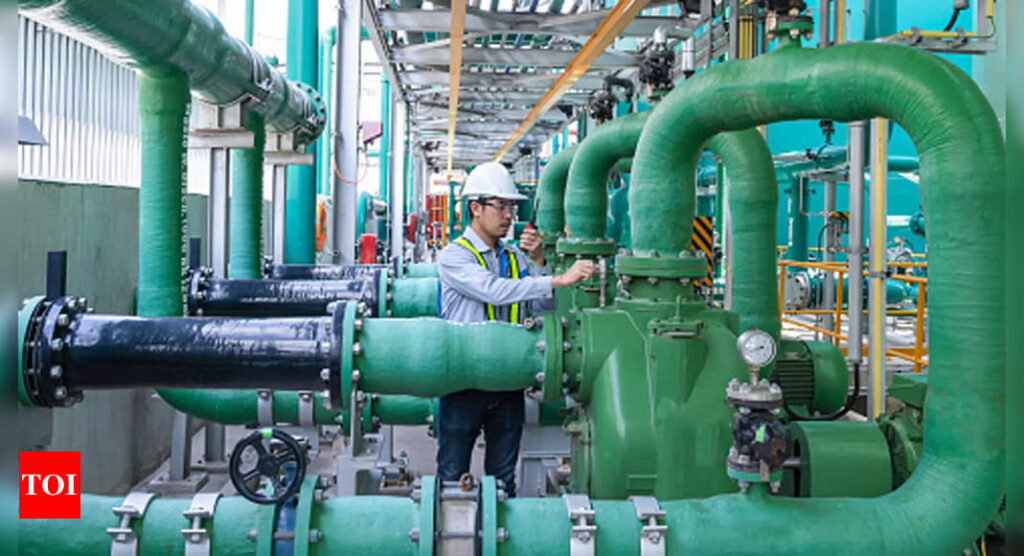LUCKNOW: Kids enrolled in Uttar Pradesh will now go from village to village to witness the development works of Jal Jeevan Mission. For, the state government has decided to conduct exposure visits for students through the Jal Gyan Yatra programme.
Issuing directives to basic education officers (BSAs), the education department has asked them to provide a list of authorized schools and children to the state water and sanitation mission office on priority basis.
To be organized by Namami Gange and the department of rural water supply in collaboration with the basic education department, the yatra will enable students to witness the entire process of ensuring supply of clean drinking water even in remote areas by the Jal Jeevan Mission. This is a unique effort by any state in the country, in which school students will be apprised of every little step that goes in the supply of clean drinking water, said a government spokesperson.
According to a government release, ten boys and ten girls from each school will be made part of the state government’s ambitious scheme.
Director-general, school education, Vijay Kiran Anand said along with 20 students, two nodal teachers each for boys and girls will be selected from each school for the JGY programme. Children who have participated in the national innovation campaign but couldn’t participate in the educational tour, will be given preference. In addition, BSAs, said Anand, will be responsible for the safety and security of the students.
Commencing this month, the JGY programme will be a learning experience for kids. Students will be taken to STPs and water treatment plants. In the first phase, a trip to Lucknow, Kanpur, Gorakhpur, Prayagraj, Varanasi, Mahoba and Jhansi will be made. During this visit, quiz contests will also be organized.
Under the JGY, students will also witness the transformation of Bundelkhand region. During this trip, children will be informed about the success story of Bundelkhand, from parched region to abundant supply of clean drinking water to every household. Along with this, five schools each in every district of UP will be identified as education partners so that they can make children aware about conserving water.
Issuing directives to basic education officers (BSAs), the education department has asked them to provide a list of authorized schools and children to the state water and sanitation mission office on priority basis.
To be organized by Namami Gange and the department of rural water supply in collaboration with the basic education department, the yatra will enable students to witness the entire process of ensuring supply of clean drinking water even in remote areas by the Jal Jeevan Mission. This is a unique effort by any state in the country, in which school students will be apprised of every little step that goes in the supply of clean drinking water, said a government spokesperson.
According to a government release, ten boys and ten girls from each school will be made part of the state government’s ambitious scheme.
Director-general, school education, Vijay Kiran Anand said along with 20 students, two nodal teachers each for boys and girls will be selected from each school for the JGY programme. Children who have participated in the national innovation campaign but couldn’t participate in the educational tour, will be given preference. In addition, BSAs, said Anand, will be responsible for the safety and security of the students.
Commencing this month, the JGY programme will be a learning experience for kids. Students will be taken to STPs and water treatment plants. In the first phase, a trip to Lucknow, Kanpur, Gorakhpur, Prayagraj, Varanasi, Mahoba and Jhansi will be made. During this visit, quiz contests will also be organized.
Under the JGY, students will also witness the transformation of Bundelkhand region. During this trip, children will be informed about the success story of Bundelkhand, from parched region to abundant supply of clean drinking water to every household. Along with this, five schools each in every district of UP will be identified as education partners so that they can make children aware about conserving water.

